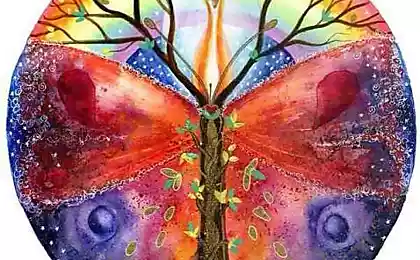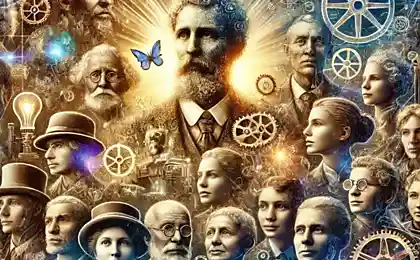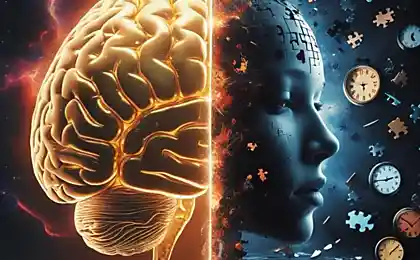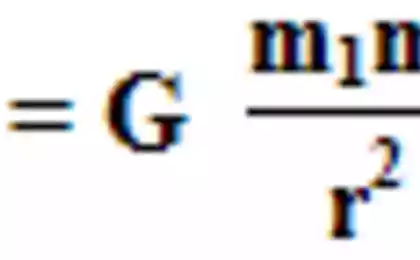12
7 Reasons to Be Proud of What You Didn't Do

In a world obsessed with achievement and success, we forget the power of what we didn’t do. Psychologists call this “negative ability” – the ability to abstain, which requires more inner strength than any action.
According to a Stanford University study, people with high levels of self-control live an average of 7 years longer and have 32 percent fewer mental health problems. The secret is not what they do, but what they refuse.
89%
People regret what they have done, not what they have not done.
73%
Successful people see the ability to say no as a key skill.
45%
Stress is caused by poor decisions made under pressure.
Philosophy of Restraint: When Less Is More
The ancient Stoics knew a secret that modern psychology is just beginning to understand. Epictetus said, “Wealth consists not in the possession of great treasures, but in having few needs.” This is not about asceticism, this is about conscious choice.
True freedom is the ability to say “no” to something that doesn’t match your identity, even if the whole world says “yes.”
Seven Pillars of Inner Power
1st
You didn't go against yourself.
Social pressure is an invisible tyrant. Neuroscientists have found that when we go against our beliefs, the same area of the brain activates as in physical pain. Your rejection of other people's scripts is not just character, it's neurological wisdom.
Practical recommendations:
- Use the “internal compass” technique: Ask yourself what your intuition says before an important decision.
- Create a list of your values and check each decision for compliance.
- Practice mindfulness meditation for 10 minutes a day to strengthen your connection with your inner voice.
2.
You didn't take revenge, though you could.
Revenge activates dopamine pathways in the brain, creating a false sense of satisfaction. But research shows that people who choose forgiveness over revenge have lower cortisol levels and better cardiovascular health. Your restraint literally heals you.

How to develop a skill:
- Emotional thermometer technique: Estimate anger from 1 to 10, wait until it drops to 6
- Practice visualization: Imagine yourself in a year – will this situation matter?
- Use physical activity to burn negative emotions
3
You didn't get into conflict for your ego.
The prefrontal cortex, our center of self-control, develops before the age of 25. Every time you choose calmness over aggression, you are literally reprogramming your brain to wisdom. It's like training in the gym, just for the soul.
4.
You didn't pretend to be someone else.
Authenticity is not just a buzzword. Psychologists call this “congruence” – the correspondence of the inner world to external manifestations. People with high levels of congruence perform better in relationships, careers, and even physical health.
5
You didn't give up when it was hard.
Resilience is the ability to recover from the blows of fate. The neuroplasticity of the brain allows us to become stronger with each challenge we overcome. Your resilience creates new neural pathways that will help in the future.

6
You didn't betray loved ones for profit.
Oxytocin, the attachment hormone, is produced when we are faithful. Studies show that people with strong social ties live 50% longer. Your loyalty is not a weakness, it is an investment in your own longevity and happiness.
7
You didn't choose the easy way.
The comfort zone is a neurological trap. The brain saves energy by avoiding novelty. But it is the exit from the comfort zone that stimulates neurogenesis - the formation of new neurons. Every choice you make makes you literally smarter.
The Science of Willpower
Roy Baumeister's research has shown that willpower works like a muscle - the more you train, the stronger you get. But there is a caveat: it has a limit, it is depleted during the day. Therefore, the most important decisions are best made in the morning, when the resource of self-control is maximum.
Every “no” said to the wrong person makes room for a “yes” said to the right person.
Practical tools for the development of internal strength
3-2-1 technique:
- 3 seconds – stop and take a deep breath
- 2 seconds – ask yourself, “Is this decision in line with my values?” ?
- 1 second – make an informed decision
The Future Me method:
- Imagine yourself in 10 years.
- What would I advise the present of your future?
- What decision will you be proud of in years to come?
When No Becomes a Superpower
Warren Buffett, one of the richest people on the planet, says, “The difference between successful people and very successful people is that very successful people say no to almost everything.” It’s not about greed or selfishness, it’s about strategic thinking.
Every no is the voice of your intuition, which knows you better than any outside adviser. Self-confidence is the most valuable skill in a world of constant temptation.
Your pride is the compass of your soul.
In a world where everyone shouts about their achievements, your quiet power of restraint shines brighter than any reward. Not only did you avoid mistakes, you chose the path of wisdom. And that makes you not just a strong person, but a truly free person.
Glossary of terms
Reziliens.
Psychological resilience, a person’s ability to adapt and recover from stressful situations, injuries or setbacks.
Congruence
Correspondence between internal beliefs, values of a person and his external manifestations, behavior.
Neuroplasticity
The ability of the brain to change its structure and function in response to experience, learning, or injury.
Prefrontal cortex
The area of the brain responsible for decision-making, planning, self-control and emotion regulation.
Oxytocin
A hormone that promotes social bonds, trust and empathy between people.
Neurogenesis
The process of forming new neurons in the brain that continues throughout a person’s life.
cortisol
Stress hormone, which in moderation helps the body cope with challenges, but with excess negatively affects health.
Dopamine pathways
Neural networks in the brain responsible for pleasure, motivation and reward system.
8 things that harm your hearing more than loud music
Wisdom vs. Stupidity: A Guide to Surviving the Real World























